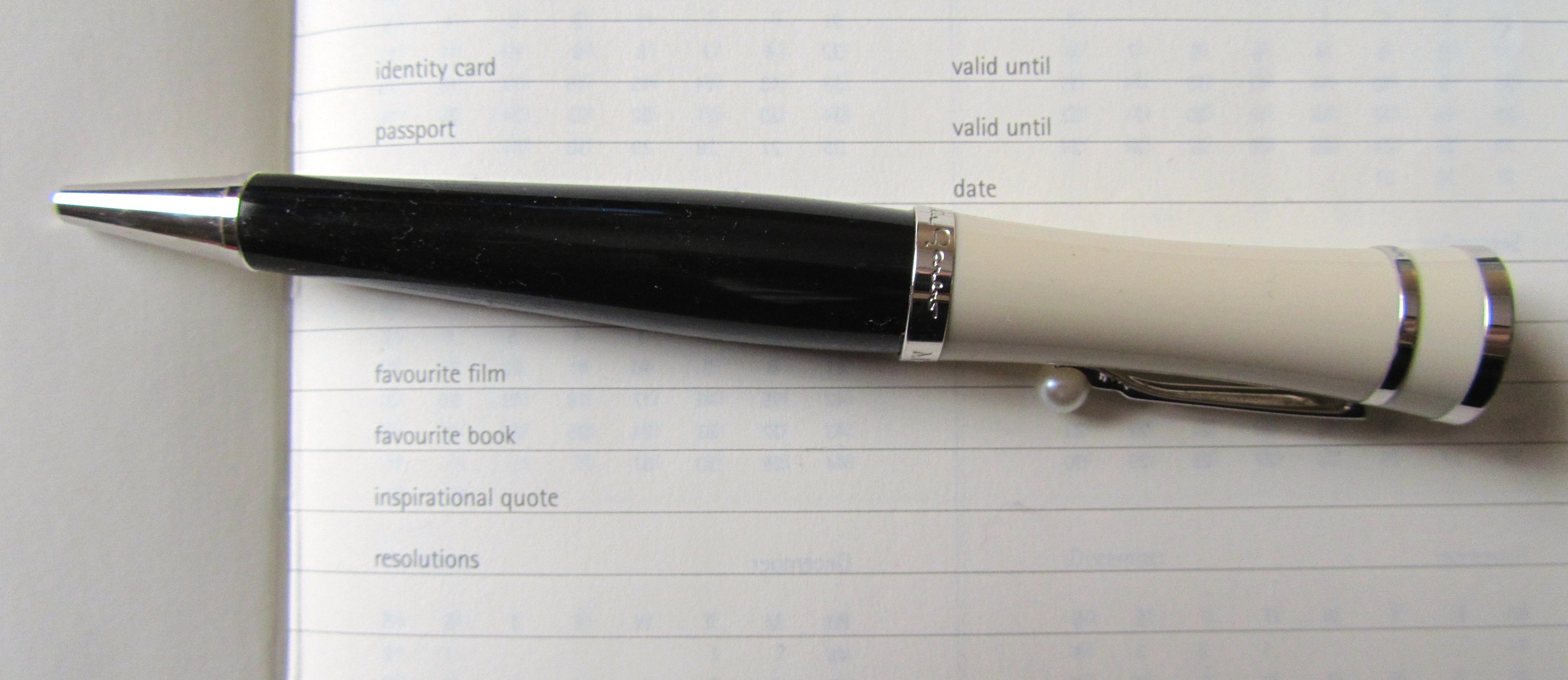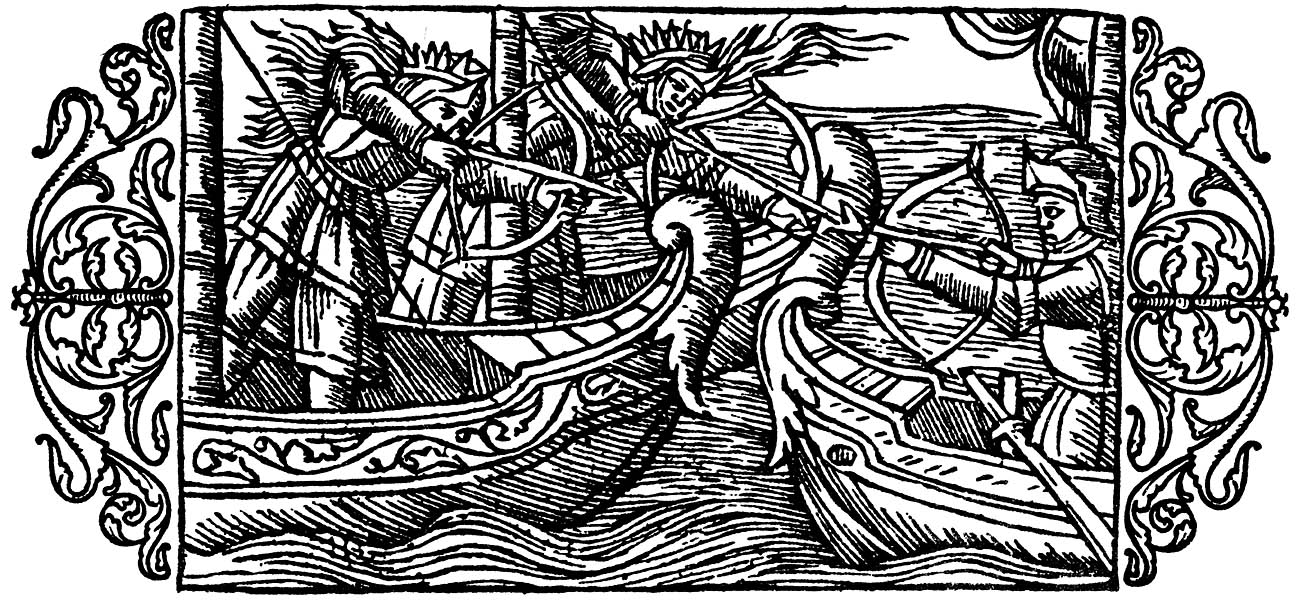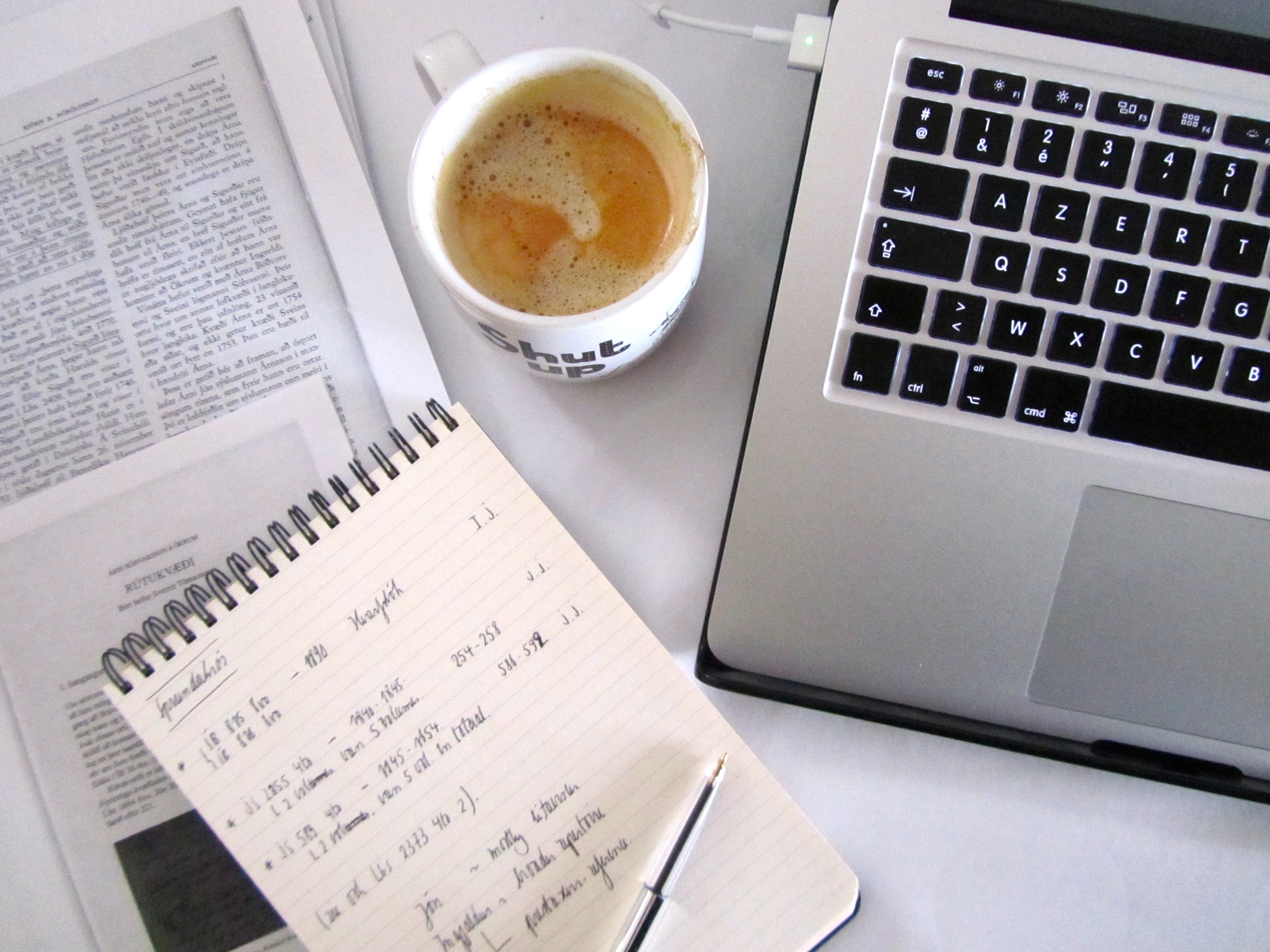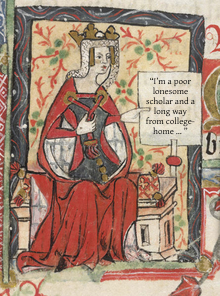As an independent researcher, I am accustomed to write in my own time at home. As an introvert, I thrive in a certain amount of solitude and in quiet spots with little external stimuli. During these times of government-imposed quarantine and mandatory telework, this gives me a certain advantage over others. And yet, I am as prone as others to feel isolated and overwhelmed. There are plenty of blogs and sites on the internet on how to work from home effectively; this is not such a post. You can find an equal amount of websites dedicated to mental and physical health during lockdown; this is not such a post. But if you would like to learn more about how I stumble through these trying times, then read on.
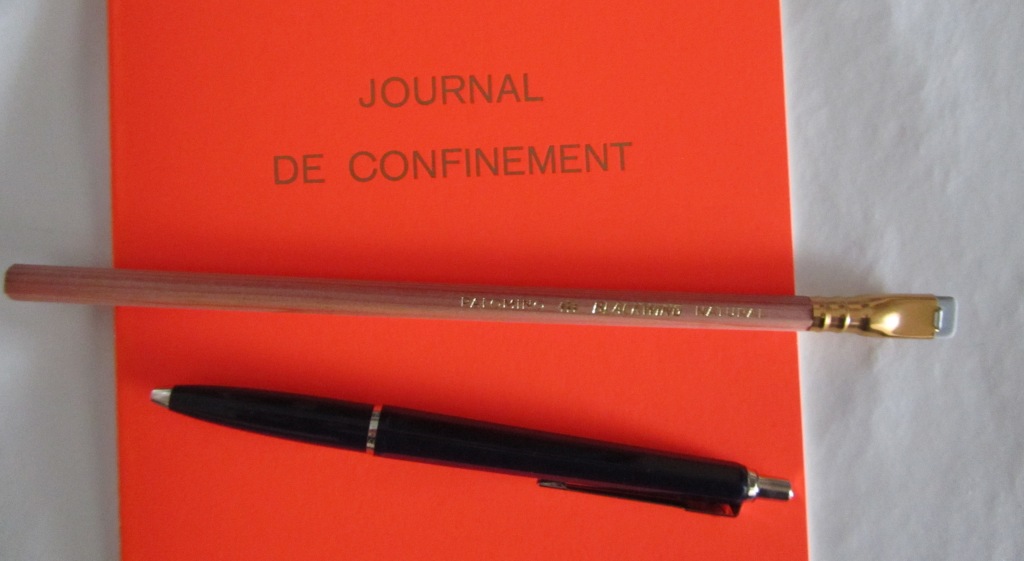
Work in the Time of Corona
On March 10th, the government made a recommendation to avoid crowded gatherings in order to reduce contacts between the potentially infected with Coronavirus and those who are healthy. The following day we received a mail from the Rector of our university stating that we should “‘telework’ as much as possible from now on.” Immediately after this I received another mail from our Planning Officer telling us—the library staff—to come to work on Monday. These were contradictory messages indeed. It was stressful and confusing, to say the least.
One social event after the other got postponed or cancelled. Educational trip to visit the print room of the Rijksmuseum in Amsterdam on March 23rd—postponed. Dies Natalis, our annual work day out with the library staff—cancelled. Meetings and library lunches—either cancelled or postponed. And yet, we still had to go into work on Monday. In an open office place with colleagues working within close proximity to each other. I am not a fan of open plan offices at the best of times, let alone now. Working on computers used by multiple users a day. I resent having to share my workdesk. Not everyone leaves it as pristine as they found it, which is not good manners. Did you know that keyboards are five times dirtier than a toilet seat? I was already in the habit of cleaning my work surface, mouse and keyboard with Dettol wipes. I got stressed, which triggered acid reflux. Not to mention starting to worry about taking a crowded train to work.
To avoid the rush hour train on Monday, I boarded a nearly empty one on Saturday and arrived in Ghent just before lunchtime. I had decided to stay at my partner’s place, which is only a bicycle ride away from work. Our work environment still worried me, so I took precautions—such as protective gloves and a face mask. But I got more and more stressed and worried and exhausted. Late on Sunday evening, a message came on my phone from our Planning Officer saying that we were not allowed to show up at work the next morning. I heaved a sigh of relief. Whoop-whoop-whoop! At last I was allowed to work from home.
Alas, my enthusiasm was premature. It wasn’t what I imagined it would be like. Instead, work came barging in. It invaded my quiet haven. The endless stream of emails and messages was as loud and distracting as a noisy office. Being a bit of a perfectionist, I wanted to do my job to the best of my abilities and ended up working more hours than I worked at the library. My stress levels were soaring through the roof this Wednesday! And it was only then that I realized I had to flip a switch in my head and reorganize the way I work from home.

So, starting this coming Monday, I will begin afresh.
I will only check my emails twice a day. Once early in the morning before work, and, once late in the afternoon when I finish work for the day. I know what to do and will try to vary my tasks during the day. I will start and stop at a fixed time each day. I can only do so much, and that is just fine.
Write in the Time of Corona
One thing that has not altered during this lockdown is my ongoing research-project. It is the only surety I have in life right now. Due to stress and exhaustion of the past days, however, I was unable to concentrate on writing. After flipping the switch in my brain, however, I was able to resume my research and writing on Wednesday.
Just this Monday, I received a reminder to hand in my annual progress report. Academia doesn’t stop. Not really. I see a lot of conferences being cancelled, though teaching and research continue as before. Well, sort of. The university switched to digital education. If, like me, you are fully adjusted to “remote research,” you are in luck. Being an independent scholar has its perks. Most of my research material is available online (Hooray for Icelandic literature and manuscripts!) and I have a vast network of fellow scholars and librarians, who provide me with books and other materials needed for my research (Big shout out to all of them!). So, this weekend I will devote some time to writing up my progress report. Maybe, hopefully, perhaps … the last one. Who knows, in this crazy world?

Yesterday morning I got a message from the editors of Viking Encounters, a book for which I wrote a contribution, to check the final proofs of my article on “my girl” Auðr. It is always exciting to read over the final proofs, because it means that it is only one step from publication. Just another little task to get done over the weekend. It is truly reassuring that it is business as usual in academic life. For me, this area of my life does not change much.
This academic year, I have planned to attend only one conference, as I am in the final stages of writing my thesis. In more than one way, this conference is quite unique. Midgardsblot brings scholarship, music and artistic activity together in their festival. It will take place at the Viking Borre Mounds at Horten in Vestfold, Norway, on 12–16 August 2020. So far, this event has not been cancelled. As yet, the only uncertainty on my academic calendar.
Perhaps I will write a paper proposal for the 18th International Saga Conference, which will take place in the summer of next year in Helsinki and Tallinn. It is nice to have the prospect of something to look forward to.
Read in The Time of Corona
The biographical note for Alberto Manguel on the back flap of the book jacket to his Fabulous Monsters reads: “Alberto Manguel is a writer, translator, editor and critic, but would rather define himself as a reader.” Long before I was a librarian and a scholar, I was a reader first and foremost. I used to devour books for breakfast, reading on average one or two books a week. During the last years, I lost touch with reading as recreation (only about 30 books a year).

These past two weeks I rekindled with my love for reading. How I missed the comfort a book can bring. How I missed to be transported through a book to another world (both real and imaginary). How I missed the message books conveyed, as Roald Dahl’s Matilda discovered: “You are not alone.” Over the past couples of days, I was invited for coffee with Manguel’s fabulous monsters, I walked the streets of contemporary Prague and teleported to the seventeenth century in the remote fishing village of Stykkishólmur. It has brought me peace and quiet I so desperately needed.
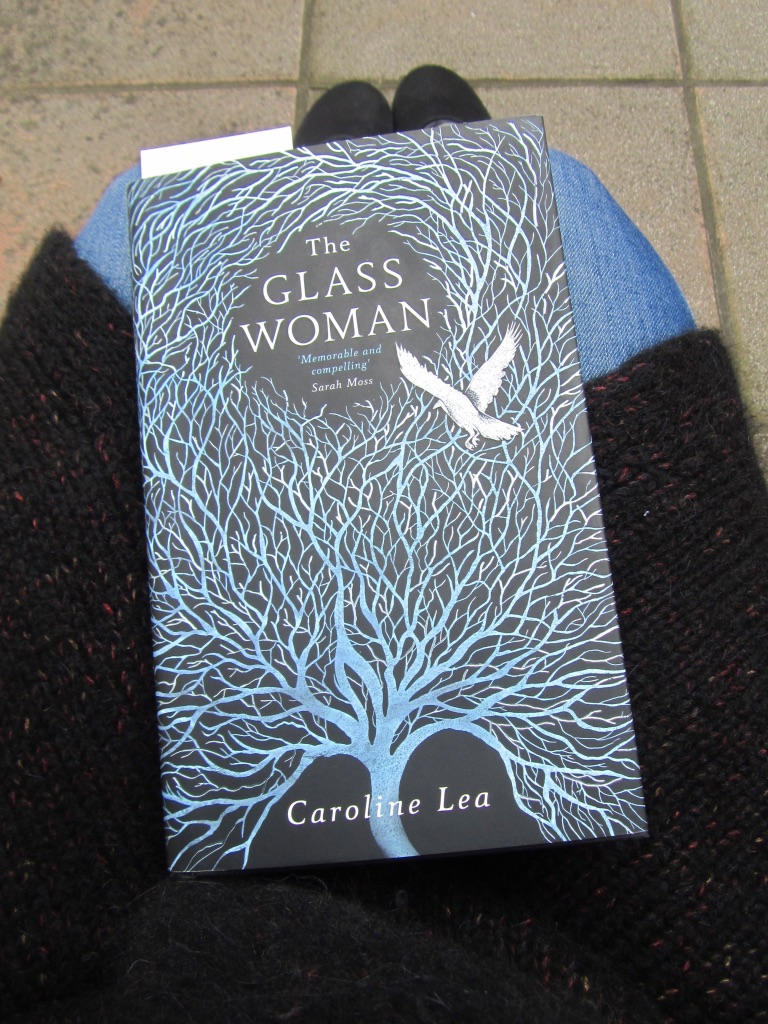
Wrapped in a woolen vest, reading in the sun.
Work. But don’t forget to pause … take a walk outside and breathe in the fresh, crisp Spring air. Enjoy the sun on your face and smell the flowers. Write. But don’t forget to write letters, cards, poems, songs, … a little note showing those you care for most in this world that you still love and cherish them. Keep a diary to work through this time of quarantine and isolation. Read. But don’t forget to read books, comics, letters, postcards, little notes of encouragement, … .
*The title of this post is both inspired by the novel “Love in the Time of Cholera” by Gabriel García Márquez and my personal tagline “Librarian by early day, scholar by late day, ardent reader by nights.”




